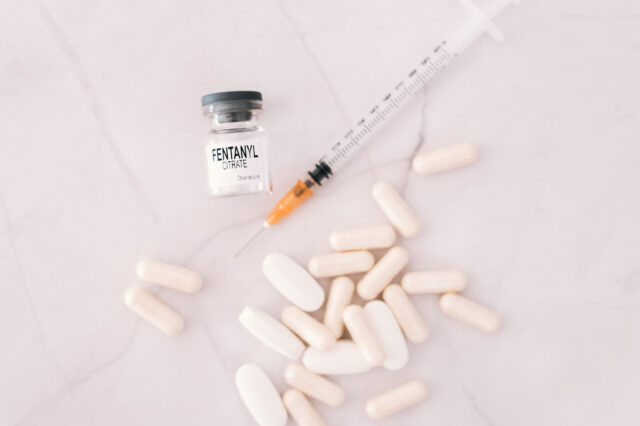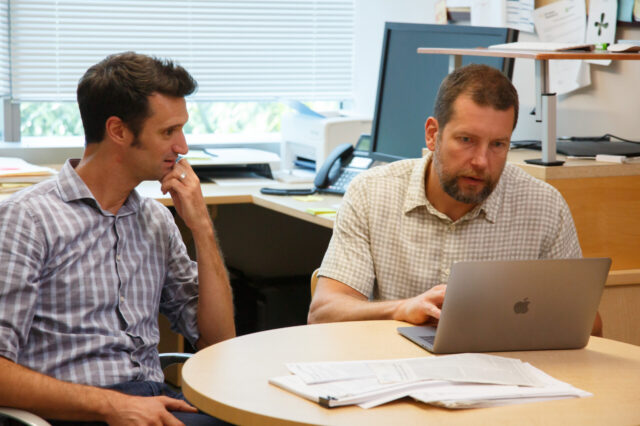Definition
An overdose is when you take more than the normal or recommended amount of something, often a drug. An overdose may result in serious, harmful symptoms or death.
If you take too much of something on purpose, it is called an intentional or deliberate overdose.
If the overdose happens by mistake, it is called an accidental overdose. For example, a young child may accidentally take an adult's heart medicine.
Your health care provider may refer to an overdose as an ingestion. Ingestion means you swallowed something.
An overdose is not the same as a poisoning, although the effects can be the same. Poisoning occurs when someone or something (such as the environment) exposes you to dangerous chemicals, plants, or other harmful substances without your knowledge.
Information
An overdose may be mild, moderate, or serious. Symptoms, treatment, and recovery depend on the specific drug involved.
In the United States, call 1-800-222-1222 to speak with a local poison control center. This hotline number will let you talk to experts in poisoning. They will give you further instructions.
You should call if you have any questions about an overdose, poisoning, or poison prevention. You can call 24 hours a day, 7 days a week.
At the emergency room, an examination will be performed. The following tests and treatments may be needed:
- Activated charcoal
- Airway support, including oxygen, breathing tube through the mouth (intubation), and breathing machine (ventilator)
- Blood and urine tests
- Chest x-ray
- CT (computed tomography, or advanced imaging) scan
- EKG (electrocardiogram, or heart tracing)
- Fluids through a vein (intravenous or IV)
- Laxative
- Medicines to treat symptoms, including antidotes (if one exists) to reverse the effects of the overdose
A large overdose can cause a person to stop breathing and die if not treated right away. The person may need to be admitted to the hospital to continue treatment. Depending on the drug, or drugs taken, multiple organs may be affected, This may affect the person's outcome and chances of survival.
If you receive medical attention before serious problems with your breathing occur, you should have few long-term consequences. You will probably be back to normal in a day.
However, an overdose can be deadly or can result in permanent brain damage if treatment is delayed.
References
Meehan TJ. Approach to the poisoned patient. In: Walls RM, Hockberger RS, Gausche-Hill M, eds. Rosen's Emergency Medicine: Concepts and Clinical Practice. 9th ed. Philadelphia, PA: Elsevier; 2018:chap 139.
Nikolaides JK, Thompson TM. Opioids. In: Walls RM, Hockberger RS, Gausche-Hill M, eds. Rosen's Emergency Medicine: Concepts and Clinical Practice. 9th ed. Philadelphia, PA: Elsevier; 2018:chap 156.
Pincus MR, Bluth MH, Abraham NZ. Toxicology and therapeutic drug monitoring. In: McPherson RA, Pincus MR, eds. Henry's Clinical Diagnosis and Management by Laboratory Methods. 23rd ed. St Louis, MO: Elsevier; 2017:chap 23.

